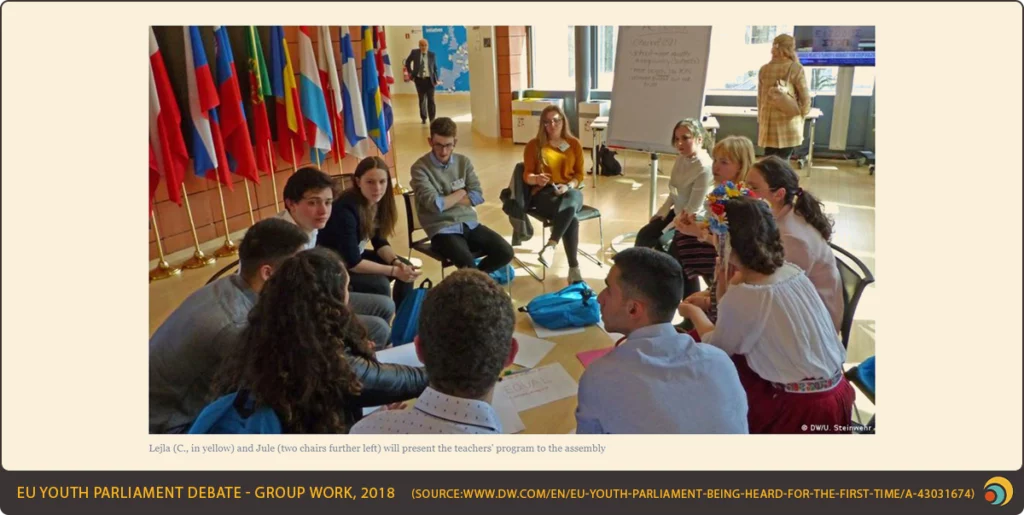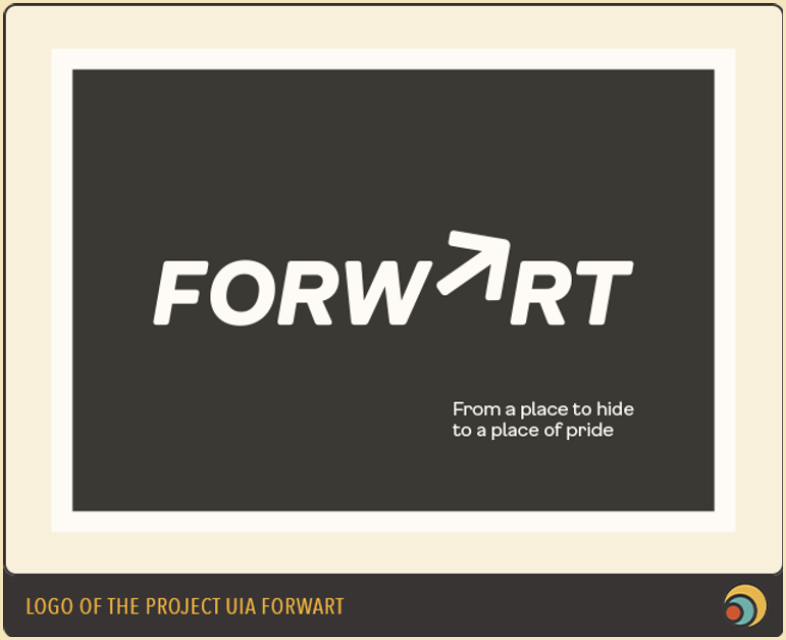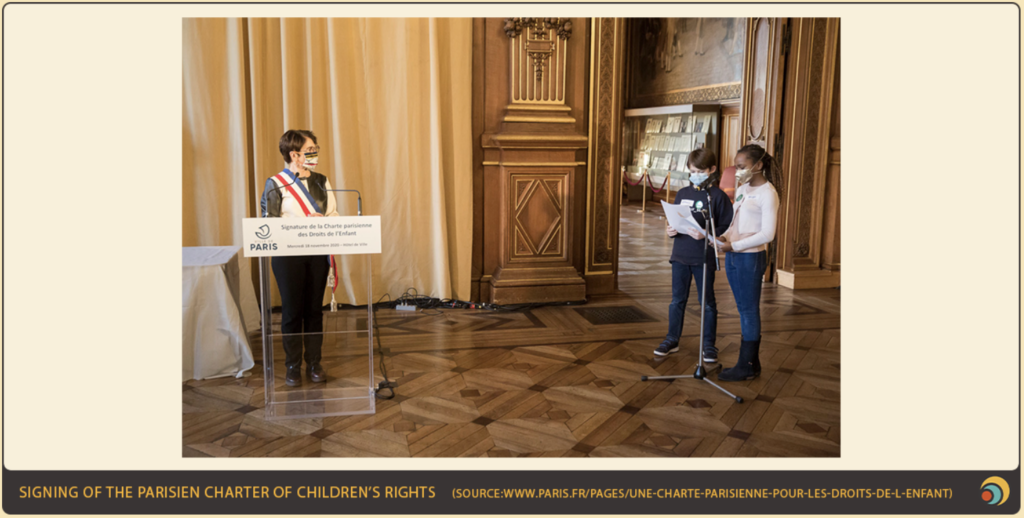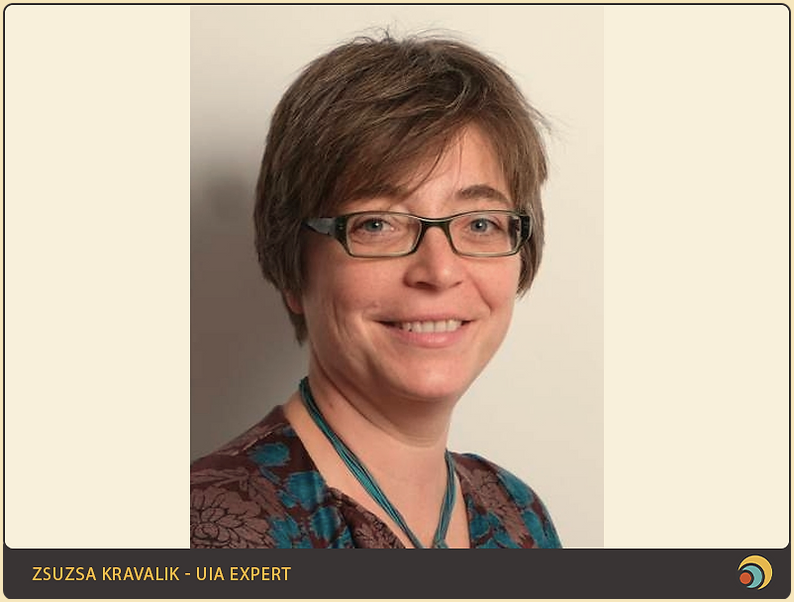Participation in democratic processes has been a focal challenge in the last decades, as generations are becoming apathic to politics. If we want to turn back the tide, citizens are to be provided with new ways of having their say in their lives. In this article we will investigate the current European and international trends, looking at some concrete good examples of youth participation practices from Tilburg, Paris and Taiwan with the help of Zsuzsanna Kravalik, expert in social processes.
Our traditional representative democracy often fails to meet today’s challenges in a world facing rapid and continuous change, a tsunami of information and exponentially growing populations. Aggravated by the fact that having grounded opinion on public issues is becoming more and more difficult. New directions of decision making processes are emerging, aiming to maximize the quantity and quality of involvement. In the last decades, the concept of participatory democracy has gained popularity, advocating for a systemic change leading to wider citizen participation as a solution to this apathy. Abstention of the youth is particularly problematic, as they are to become tomorrow’s active citizens, thus ways of increasing youth participation is high on the agenda.

The European Union shares this opinion: the Conference on the Future of Europe has been launched in 2021, a debate platform open to all European citizens, from all walks of life and corners of the Union, with young people playing a central role in shaping the future of the European project. One of the ten topics chosen is European democracy, inviting everyone to reflect on the challenges the EU and its countries are facing, such as rising extremism, disinformation and a perceived distance between people and their elected representatives. “ We can also see that there are important funds to work on democracy in European programmes such as Horizon2020 and the Citizens, Equality, Rights and Values.” – as we can learn from Zsuzsanna Kravalik, long time collaborator of BURST in social projects.

Zsuzsanna is the UIA expert of the ForwArt project in Tilburg (already mentioned in our January article), the Netherlands, where she sees excellent examples of youth involvement. The project tackles criminalisation in North Tilburg, by offering the youth self-exploration and identity development through cultural expression and thus a better quality of life, hoping to thus provide a better alternative than turning to illicit activities. “I see a very practical and horizontal approach to youth involvement in Tilburg from the Municipality. This project is not about experts showing the way out to the underprivileged youth, but searching it together with their active involvement. The youth is taken seriously in every aspect from the meetings to the catering: each organisation involved in the project is expected to bring one participating youth to the project meetings and they present together; the meeting timings are adapted to the youth availability in function of their school schedule and the catering is done by associations involving local youth instead of giving it to professional companies.” – she sees the secret of creating an engaged generation in these small, but important details and in leaving the supremacy of experts behind. “An important step of sharing the political power with citizens is to give them the opportunity to set the agenda instead of expecting solutions from them in predefined areas and frameworks. Tilburg also does that with the youth in this project: they become citizen journalists and are free to prepare materials on whatever topic they choose, thus deciding what is important in the neighbourhoods by themselves.”

At the same time good practices for the inclusion of the youth in more institutionalised ways are in progress across Europe as well. A flagship for this process is the city of Paris which initiated the creation of a Parisian Charter of Children’s Rights in 2020. The Municipality launched a consultation with a representative group of children, resulting in a document consisting of expectations of children when it comes to assuring and protecting their rights. The city engaged to create action plans to act upon the Charter as from 2021. “Among many positive outcomes of this consultation, I highlight that the Municipality undertook to publish all municipal decisions in children’s language as well, so that they can understand and discuss it. Again, a sign of leaving institutional supremacy behind and facilitating participation.” – according to Zsuzsanna’s opinion.
Parallel to participation, deliberation is another aspect brought into politics. This paradigm argues that political decisions should be the result of reasonable discussion among citizens.The approach also emphasizes that the decision-making process should allow participants to consider relevant information from multiple points of view, involving participants into interactive events, including through online technologies. Which brings us to the opportunities the brave new world of high-tech online connections offers, facilitating and speeding up interactions among a potentially unlimited number of people – a potential which Taiwan has brought to reality in the last decade. The dedicated Digital Ministry has created various platforms for online participation in decision making, which is very efficient in a country where digitalisation has reached everyone. However, similar approaches can be important and relevant in the European context as well, especially for the digital native young generations. “What is interesting about this approach is that it counteracts the negative effects of social media. The founder of these platforms and currently a minister in Taiwan, Audrey Tang states that social media favors polarisation and hatred – simply because the psychology of commenting is to look for differences and react to them. This online discussion platform asks for opinions, and with AI it amplifies the common elements and thus helps converging towards consensus, which is the point of democracy after all.” – says Zsuzsanna, whose opinion is that this methodology is worth to be imported, adapted and implemented in Europe, on local and national level as well.

Active in urban development projects since 2000, Zsuzsanna worked for the Hungarian Ministry of Health and Social Affairs as well as for the Social Exclusion Unit of the British Government, involved in projects focusing on #social rehabilitation of deprived areas. Since the 2010s she is mostly involved in development and expertise of transnational EU projects, many #URBACT, Central and #UIA projects are associated with her name in Hungary and elsewhere in Europe. At the moment she is the UIA expert of #ForwArt project for #Tilburg, NL, a project working on the social development of deprived areas by the creation of an inclusive cultural ecosystem.
Fun facts about Zsuzsanna is that she first graduated as a mathematician, and she is a guest author of The Globe, a hiking magazine in Hungary.
